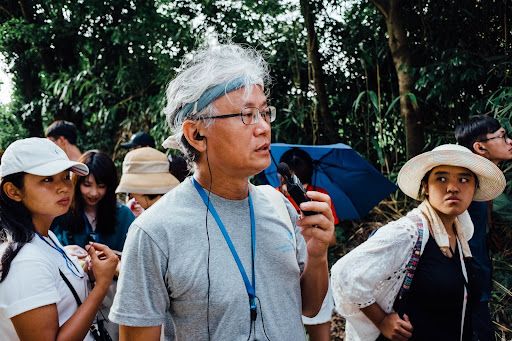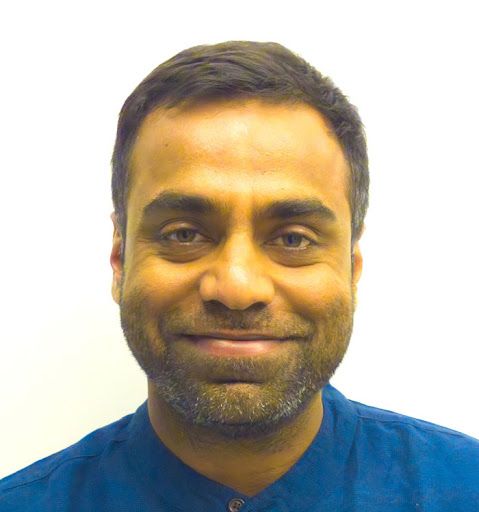陳信行 (Dikoh Chen)

Hsin-Hsing “Dikoh” Chen is a professor at the Shih-Hsin University Graduate Institute for Social Transformation Studies. Starting as a student activist for democracy in the 1980s, he has been active in the environmental and labor movements ever since, working on both issues in Taiwan and on international collaborations such as the anti-sweatshop campaigns. In the past decade, he has been active in a collective lawsuit along with other STSers, of former Taiwanese employees of Radio Corporation of America suing their former employer for workplace toxic exposure that causes cancer and other diseases. He is also the current union representative of Taiwan Higher Education Union at his university. In this capacity, he has met with a wide variety of labor issues in universities and research institutions today. Dikoh has also edited or been in the editorial collective of STS and sociology journals in both Chinese and English languages.
Maria Belén Albornoz

Professor-Researcher at the Latin American Faculty of Social Sciences (FLACSO-Ecuador) where she has held positions as Deputy Director, Academic Dean, and PhD Program Coordinator. She has served as Council Member of the Society for Social Studies of Science (4S), and at the moment she serves as President of the Ecuadorian Society for Social Studies of Science and Technology, as and as Board Member of the Society for the Studies of New and Emerging Technologies (S.NET). Her current research concerns technology transfer models; public policy of science, technology and innovation; big data; and fair work. In 2017 she was a Fulbright Scholar at Rensselaer Polytechnic Institute, and a Visiting Scholar at Aalborg University in Denmark, where she worked in theorizing imaginaries of innovation and policy network analysis.
Ranjit Singh

Ranjit is a Researcher at the AI on the Ground Initiative of Data & Society Research Institute. His research interests lie at the intersection of data infrastructures, global development, and public policy. He is currently working on a project to map concepts and keywords, and curate everyday stories centered on living with data and AI in/from the Majority World. This project invigorates existing efforts to reframe the Global South as home to the majority of the human population — the majority world — and investigate and understand the diverse ethics, politics, and everyday experiences of living with data and AI.
Questions:
What aspects of the posting most attracted you?
How do you relate with the geographic location of the posting on the level of familiarity? Talk about its political, social, institutional, material and cultural contexts that you are and are not familiar with.
How does the location of the posting enable your research contexts or career trajectories?